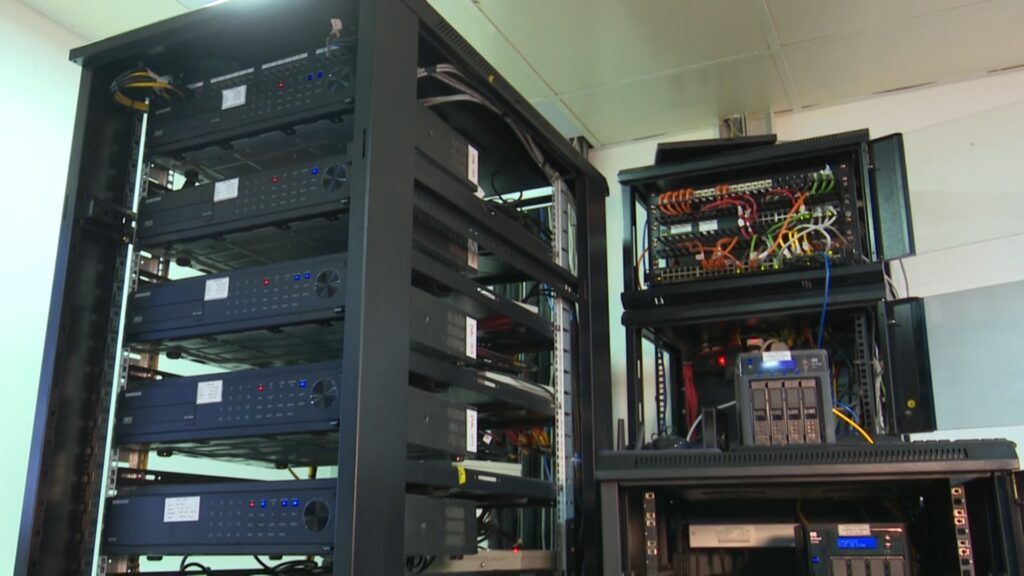
When it comes to hosting your website, you have several options to choose from, including shared hosting and VPS hosting. Each of these hosting options has its own advantages and disadvantages, and the choice between them depends on your specific needs and budget. In this article, we’ll explore the differences between shared hosting vs VPS hosting and help you decide which one is better for your website.
Shared Hosting
Shared hosting is a type of hosting where multiple websites share the same server resources. This means that the server is divided among multiple users, each with its own website. This is a popular option for those who are just starting out with their website or have a small to medium-sized website.
One of the main advantages of shared hosting is its affordability. Since the server resources are shared among multiple users, the cost of hosting is significantly reduced. This makes it a popular option for small businesses, personal websites, and bloggers who are just starting out and have a limited budget.
Another advantage of shared hosting is that it is easy to set up and manage. Most hosting providers offer user-friendly control panels that allow you to manage your website, emails, and other aspects of your hosting account. This makes it easy for those who do not have the technical knowledge to get started with their website quickly and easily.
However, shared hosting does have some drawbacks. Since the server resources are shared among multiple users, there is a limit to the number of resources that are available. This means that if your website starts to receive a lot of traffic or uses a lot of server resources, it may slow down or even crash. Additionally, you may be limited in terms of the software and applications that you can install on your website.
VPS Hosting
VPS hosting is a type of hosting where you have access to a virtual private server. This means that the server resources are divided among multiple users, but each user has their own dedicated resources. This is a popular option for those who need more resources and control than shared hosting can provide, but don’t want to pay for a dedicated server.
One of the main advantages of VPS hosting is that it provides more control over the server than shared hosting. You can install any software or applications that you need, and you have more control over the server settings. This makes it a popular option for developers and businesses who need more control over their hosting environment.
Additionally, VPS hosting provides more resources than shared hosting, so your website can handle more traffic and use more server resources. This makes it a good option for websites that are growing or experiencing high traffic volumes.
However, VPS hosting is more expensive than shared hosting, and it does require more technical knowledge to set up and manage. You may need to hire a server administrator to help you with the initial setup and ongoing maintenance of the server.
Which is better – Shared Hosting or VPS Hosting?
The choice between shared hosting vs VPS hosting depends on your specific needs and budget. If you have a small to medium-sized website and are just starting out, shared hosting may be a good option for you. It is affordable, user-friendly, and easy to manage.
However, if you expect your website to grow in traffic and size over time, or if you need more control over the server, then VPS hosting may be a better option for you. While it is more expensive and requires more technical knowledge to set up and manage, it provides more resources and control over the server.
In summary, shared hosting vs VPS hosting each has its own strengths and weaknesses. Shared hosting is a cost-effective and user-friendly option for small businesses and personal websites. VPS hosting provides more resources and control over the server, but is more expensive and requires more technical knowledge to set up and manage. When choosing a hosting provider, consider your specific needs, budget, and future growth. Make sure to read reviews and compare features from multiple providers before making a decision. With the right hosting plan, you can ensure that your website runs smoothly and provides a great user experience for your visitors.




